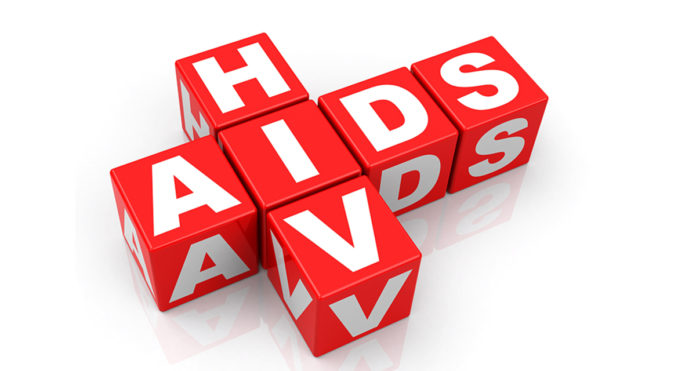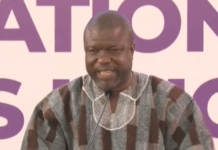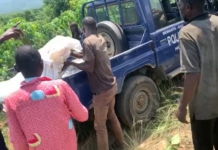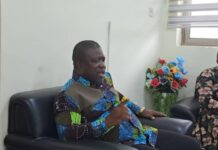
Estimates of the 2022 HIV/AIDS show that some 16,996 persons are living with the disease in the Volta region.
The majority constituting 68 percent of the estimated HIV population could be found in nine districts within the region, namely, Ho, Hohoe, Ketu South, Ho West, North Tongu, Central Tongu, Keta, South Tongu, and Kpando Municipality.
The region further recorded 730 new HIV infections for all ages within the period and young people between age 15-24 account for 12.05 per cent.
Volta Regional Coordinator of Ghana Aids Commission/TSU, Mary Naa Asheley Anyomi, gave the data during a health Walk in commemoration of the 2023 World Aids Day (WAD) in Ho, under the theme, “Let Communities Lead.”
It was organised by the Ghana HIV and Aids Network (GHANET) in collaboration with the Network of Persons Living with HIV (NAP+) and other stakeholders to create more awareness on the HIV Self-Testing (HIVST) kit.

She indicated 72.2 percent of the data are on lifelong Anti-Retroviral Therapy (ART) treatment with the Sustainable Development Goal subscribing 95 percent.
Mrs Anyomi stated the report suggests that at least two out of every 100 people in the region are Living with HIV with a prevalence rate of 1.50 percent and however said eight districts including Kpando, South Tongu, Central Tongu, North Dayi, Keta, Ho, Akatsi North and North Tongu have prevalence more than the regional rate.
She said GHANET was coordinating the implementation of HIVST in Ho, Hohoe, Ho West, and Adaklu towards contributing to the global target of ending the disease in 2030.
She urged stakeholders to use the media to disseminate accurate information on the disease trends and appealed to society to avoid stigma and discrimination against PLHIV.
The Volta Regional Minister, Dr Archibald Letsa, in an address read on his behalf by the Chief Director at the Regional Coordinating Council, Augustus Awity, said the region and Country at large risked losing the benefits of scientific advancement in ART if funding for drugs continue to remain fully donor dependent.
“Domestic funding for ARVs is urgently needed to sustain the treatment programme and keep PLHIV alive, strong and healthy,” as government sets up the national HIV and AIDS Fund to counter fund drugs for the disease.
He appealed to corporate Ghana among philanthropists to contribute to the fund as ART had averted the disease progression and AIDS deaths among thousands of PLHIV.
He said leadership and activism of communities were urgently needed to address the challenges currently plaguing the disease response and accelerate progress towards ending the disease.
Mr Ernest Amoabeng Ortsin, President of GHANET said with the steadfastness of the Global Fund, Ministry of Health and the National AIDS/STI Control Programme (NACP), another HIVST kit CheckNow was introduced in addition to the earlier Oraquick kit.
He said the CheckNow HIVST kit, which was blood-based method gave result in 15 minutes anchored on a third-generation technology capable of determining HIV-1 and HIV-2 antibodies in a finger stick blood sample.
He said NACP believed the multiplication of HIVST options would help the country achieve the first 95-95-95 UNAIDS target with the nation doing about 72 per cent of the estimated 354,000 PLHIV knowing their status.
He said “This means 100,000 PLHIV may not be aware of their status and unknowingly be spreading the disease. Mr Courage Kofi Botchway, Focal person, Ghana Health Service urged the communities to mainstream prevention campaigns, monitoring, treatment adherence and knowledge generation.
ALSO READ:






